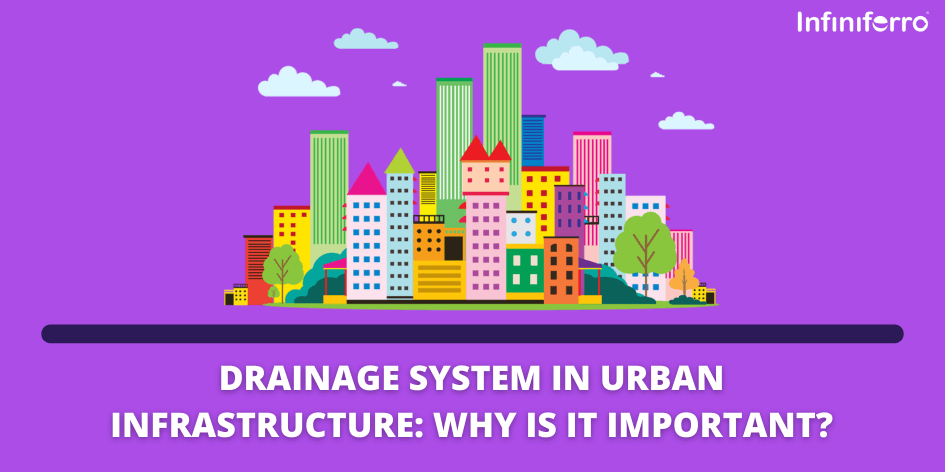
Drainage systems are an essential element in modern urban planning. Good infrastructure includes roads, bridges, buildings, and efficient drainage systems to manage rainwater and wastewater well. In the Middle East, especially in the cities of Dubai and Abu Dhabi, drainage is challenging given the dry climate conditions but vulnerable to occasional heavy rains. This article will discuss the importance of a good drainage system in a city’s infrastructure.
1. Reduce flood risk
One of the main functions of the drainage system is flood prevention. When it rains heavily, water will pool and cause various problems if there is no adequate drainage system. These multiple problems include road damage and disruption of economic activities. In major cities like Dubai, where unexpected rainfall can cause inundation in a short time, a good drainage system is essential to drain water quickly into the sewers.
2. Protect city infrastructure
Stagnant water over a long time can damage various infrastructures, including roads, bridges, and buildings. If water is not drained immediately, soil erosion and material damage can occur. And ultimately results in high repair costs. With an efficient drainage system, water can be drained quickly, reducing the risk of damage and extending the life of the city’s infrastructure.
3. Maintain public health
Poor drainage systems can cause waterlogging that breeds mosquitoes and other harmful microorganisms. This can increase the risk of diseases such as dengue fever, malaria, and other infections. With good drainage, dirty water can flow to the right disposal site, reducing health risks for the community.
4. Improve quality of life and comfort
Cities that have a good drainage system will be more comfortable for their residents. Streets are free from waterlogging, the environment is cleaner, and the risk of unpleasant odors due to stagnant wastewater can be reduced. This is especially important in the Middle East region, where modern cities prioritize comfort and cleanliness as part of the urban lifestyle.
5. Prevent soil erosion and environmental damage
Soil that is constantly exposed to waterlogging can experience erosion, which can damage the soil structure and make the buildings on it unstable. In addition, an inadequate drainage system can cause environmental pollution due to wastewater that is not handled properly. With a well-designed drainage system, water flow can be controlled so that it does not harm the environment.
6. Efficiency in water management
Modern drainage systems not only function to dispose of water but also to manage it more efficiently. The latest technology allows the use of rainwater for irrigation or storage back into the soil. Thus, cities can optimize the use of limited water resources, especially in the Middle East region, which has a high level of water scarcity.
Conclusion
A good drainage system plays a role in reducing flood risk, protecting infrastructure, maintaining public health, and improving the quality of life. In the Middle East, the application of innovative drainage management technologies and strategies is essential to create more resilient and comfortable cities for its residents. Therefore, investment in drainage systems should be a priority in urban development.

Thank you for highlighting this topic: The Drainage system plays an important role in urban infrastructure by preventing floods, protecting property, and supporting public health
Thank you